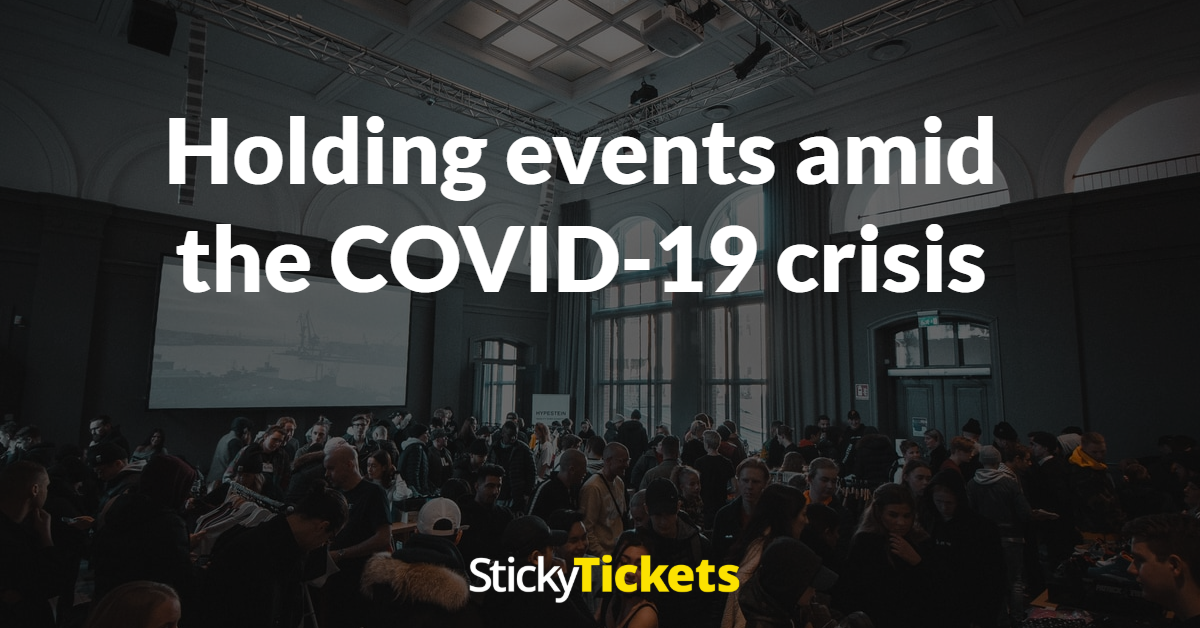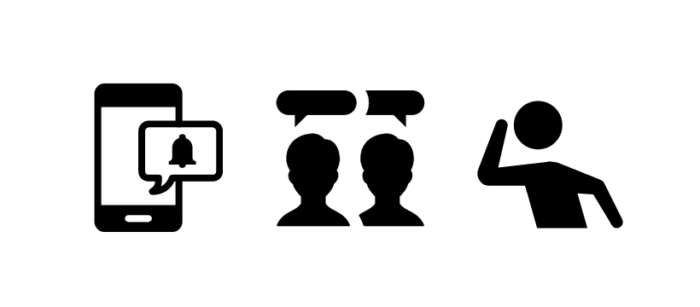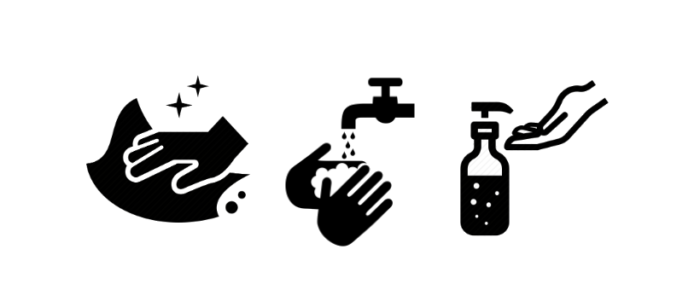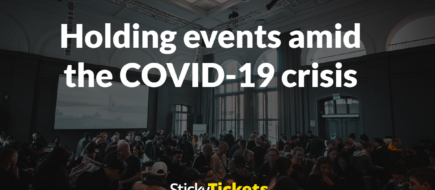Holding Events Amid the COVID-19 Crisis

There is no doubt that COVID-19 is having a tremendous impact on events worldwide, leaving event organisers with difficult decisions to make. Every event presents a different set of variables, so clearly the risks presented by Coronavirus need to be weighed up against the outcomes of the event, and it is ultimately up to each organiser to decide what they feel is best under the current circumstances. Some factors to take into account when holding an event amid the COVID-19 crisis include:
Stay informed- Obviously the best thing you can do under the circumstances is to stay informed, and up to date with government advice. If there are multiple people involved in the organisation of the event, having a single person nominated to monitor the approach based on the latest knowledge can make communicating with the rest of the team easier and helps ensure that the response is considered and consistent.
Communication- When informed, you can then consider what communications you are having with your team and your audience. As with all event messaging ensure it is concise, accurate and relayed to everyone involved. Communication also extends to contacting staff and attendees beforehand to find out if anyone is ill or has travelled from affected areas, requesting that they do not attend. To keep everyone updated use your website, social media or notifications.

Increase hygiene standards- There are several ways that you can ensure attendees are safer at your event. Some include:
• Increasing awareness of good personal hygiene and effective handwashing among staff and attendees. This could be via media messaging, signage, staff awareness and communicating this message to attendees on arrival.
• Make hand-washing more accessible. Warm running water, soap and hand dryers should be readily available.
• Providing anti-bacterial gels and foams around the event spaces.
• Provide packaged food instead of a buffet
• Increasing the cleaning regime to include contact surfaces within the event spaces- it is
vital to also bear in mind the key points/areas throughout your event space i.e. toilets, entrance and exit.

Crowds- Consider your crowd density, whether the event is held indoors or outdoors, how people move around the event and how they interact with each other and their surroundings. You can design event spaces and timings to reduce crowd densities – i.e. within arrival and departure areas; think about staggering arrival/departure times, or changing your event to have different sessions, with fewer attendees in each. Also change the event program to reduce high-risk activities such as those that require physical contact between participants.
Consider the alternatives- Consider other ways in which you can still hold your event while ensuring safety and following current regulations. This could include:
• Postpone the date- it may be easier to reschedule your event to a later date when things may have calmed down and we have a better idea of the situation. Ensure that you maintain communication with both your event venue to make sure this is possible and notify your attendees.
• Consider holding your event virtually– Technology has provided us with some great tools which allows us to manage events and meetings online, anywhere. You may have to adjust your program slightly however you can remove any interaction with other attendees or staff, and the dangers of any travel needed to get to and from your event. There is currently a massive trend in virtual events because of the safety considerations, the reduced costs and the increase in market it allows.

Without doubt this is a challenging time for all, and a fast-moving situation. Event organisers have difficult decisions to make, and the government will also need to make some challenging decisions that are proportionate to the risks. For the most up to date information from the Australian government, please click here.



